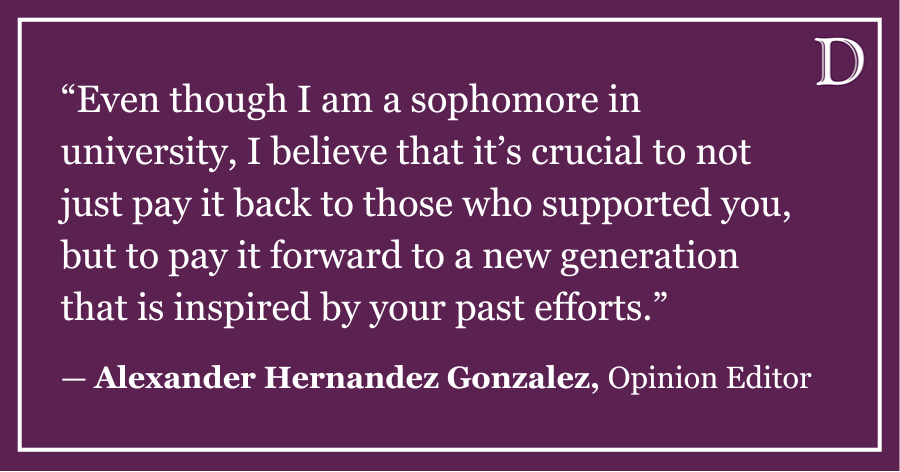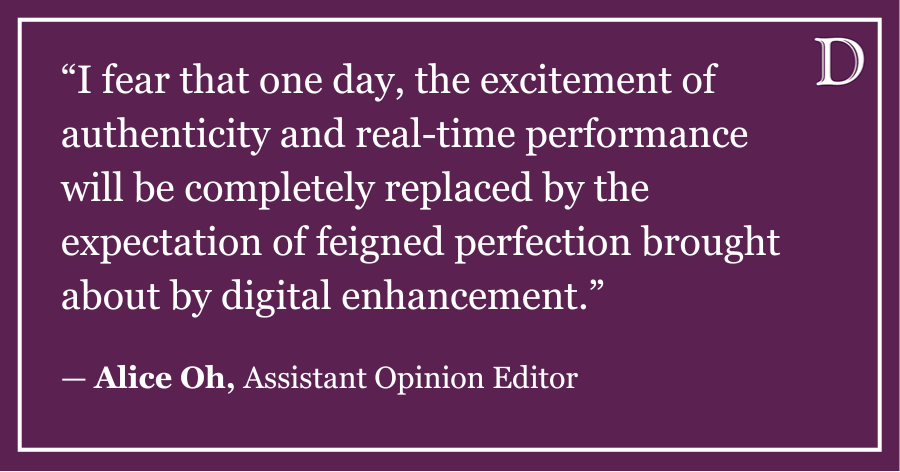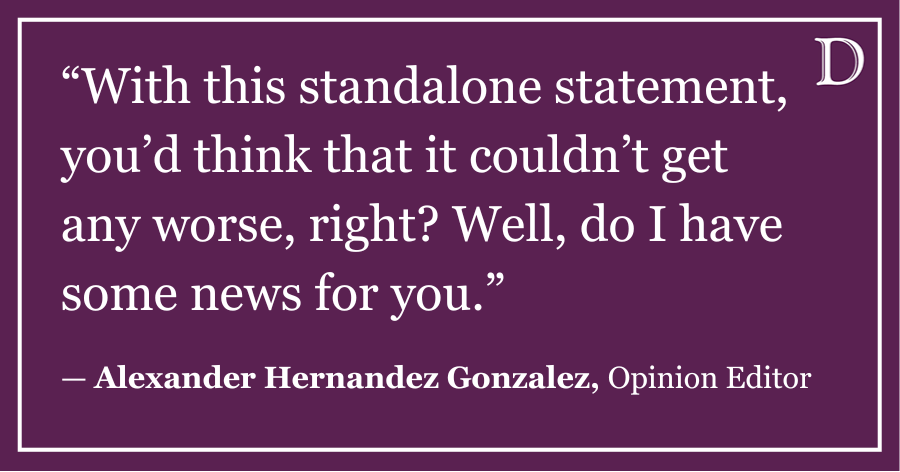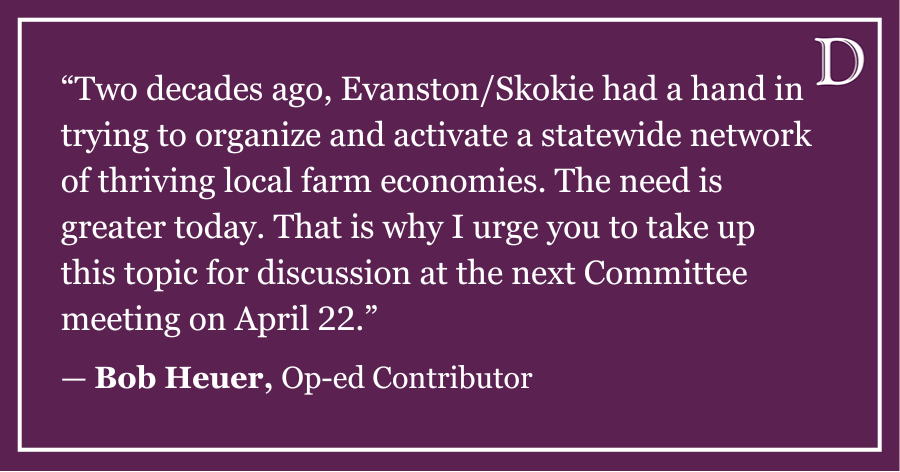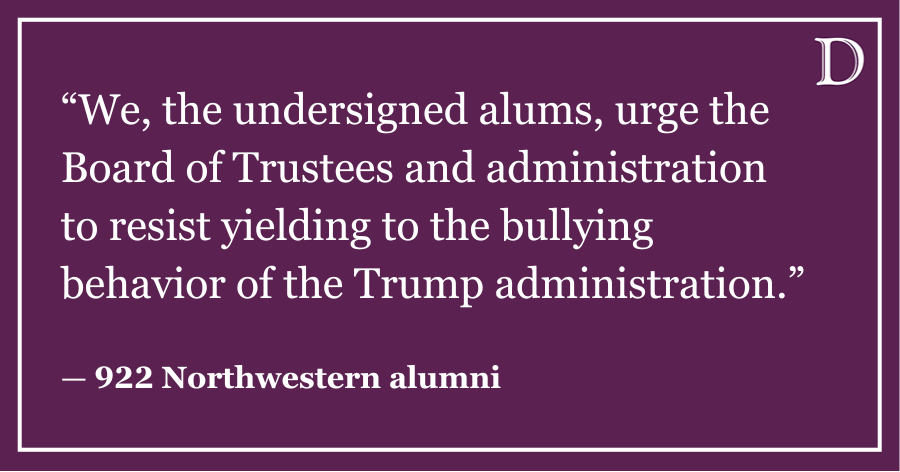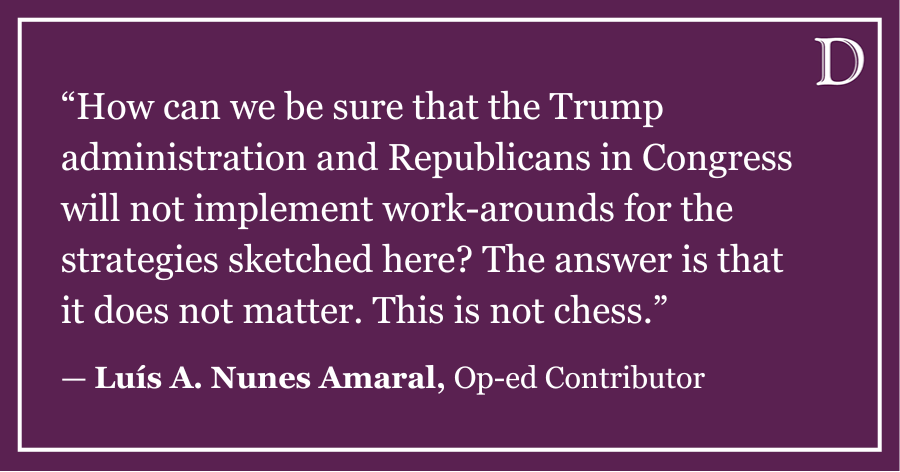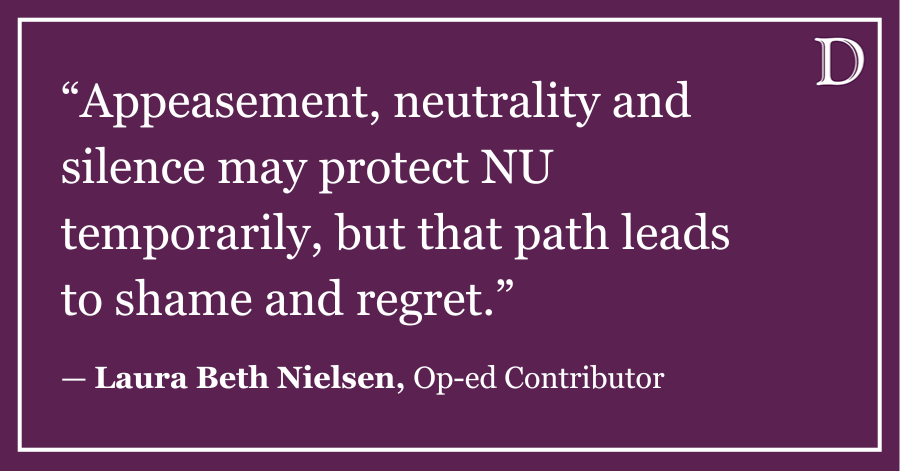President Barack Obama’s statement last week that he believes marijuana to be no more dangerous than alcohol generated a variety of responses. Although reaction ranged from lukewarm to completely outraged, a 2013 Gallup poll found that more than half of Americans support the legalization of marijuana.
Earlier this month, Colorado became the first state to legalize the sale of marijuana for recreational use. Washington state is soon to follow. However, one would have hoped that with a majority of Americans supporting the legalization of cannabis, more states would have followed suit or change would even have occurred at the federal level.
The legalization of marijuana, as well as other social issues such as same-sex marriage, has failed to see action matching the support it has gained. While obviously many crucial issues occupy the time and attention of American lawmakers and citizens, we should work in 2014 to make our laws match the outlook of most citizens.
A push for the legalization of marijuana is not the only recent cultural shift to happen quickly but be acted upon slowly. As of last May, 53 percent of Americans supported gay marriage. Although the gay rights movement has achieved significant gains in recent years — most notably the Supreme Court’s ruling in June that the Defense of Marriage Act is unconstitutional — people in 33 states do not have access to the right to marry someone of the same sex.
In a democracy, it is important to avoid the rule of the mob. However, proponents of gay marriage and cannabis legalization are not an uninformed majority attempting mob rule. These groups represent social progress that should move forward. Given that the majority of Americans support the right of LGBT people to marry, it is surprising that the gay rights movement has not moved even more quickly.
In comparison to the United States, some other countries have moved more quickly to introduce progressive social policies. Spain, a predominantly Roman Catholic country, legalized gay marriage as early as 2005 even though the Catholic Church remains opposed.
So why do gay marriage and marijuana remain illegal in most of the U.S. even though a majority of Americans would like to see this change? Perhaps other issues are just more pressing. Perhaps a vocal minority is stronger than the majority. Perhaps it will simply take more time to adjust legislation to the views of most Americans.
However, America cannot afford to wait to institute legislation that most Americans would see as a positive change. Millions of LGBT people are waiting for the right to marry, despite widespread support for their cause. An American is arrested once every 42 seconds for marijuana-related crimes, on average, even with widespread recognition of the drug’s relative harmlessness.
No one doubts that America faces numerous major political and social issues today: economic struggle, changes to the nation’s health care system and global conflicts, to name a few. However, gay marriage and the legalization of marijuana should not be ignored by lawmakers and voters as support for these movements grows.
Matt Gates is a Weinberg freshman. He can be reached at matthewgates2017@u.northwestern.edu. If you want to respond publicly to this column, send a Letter to the Editor to opinion@dailynorthwestern.com.



